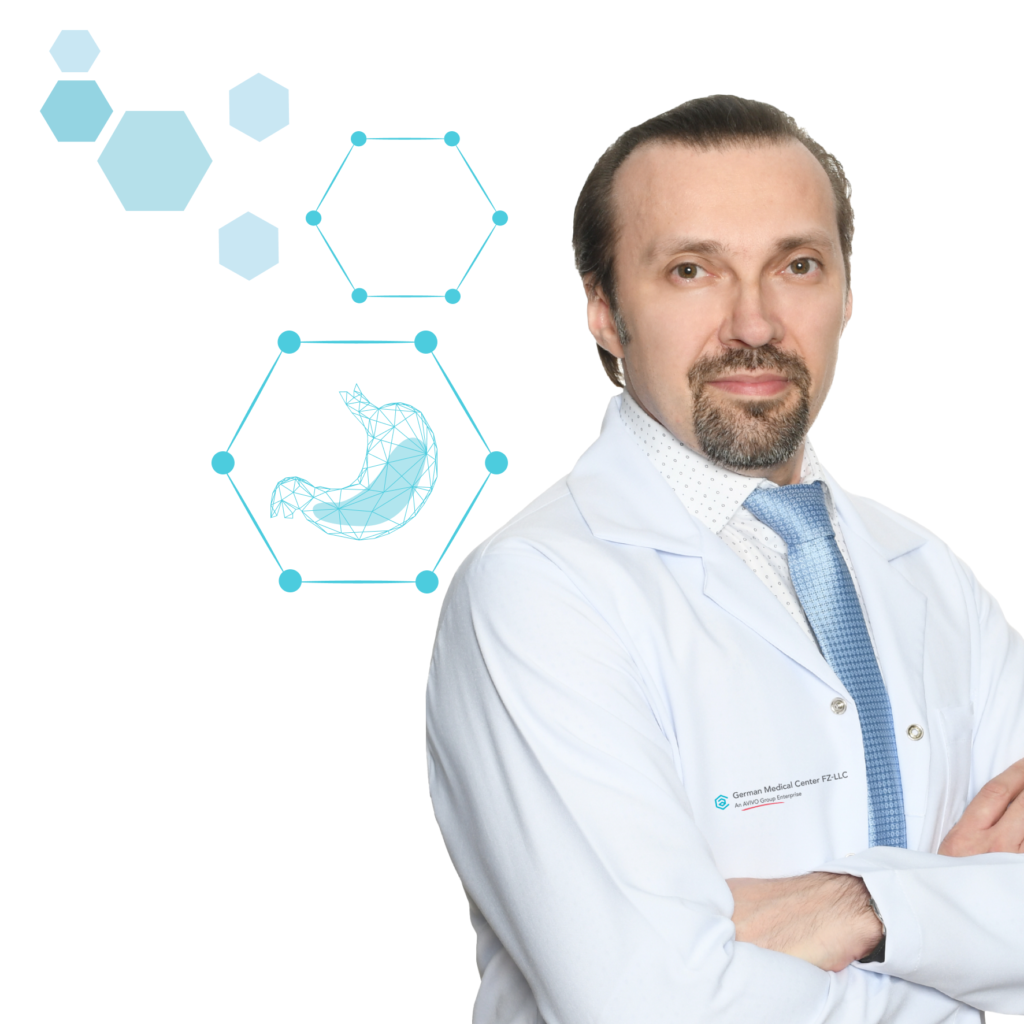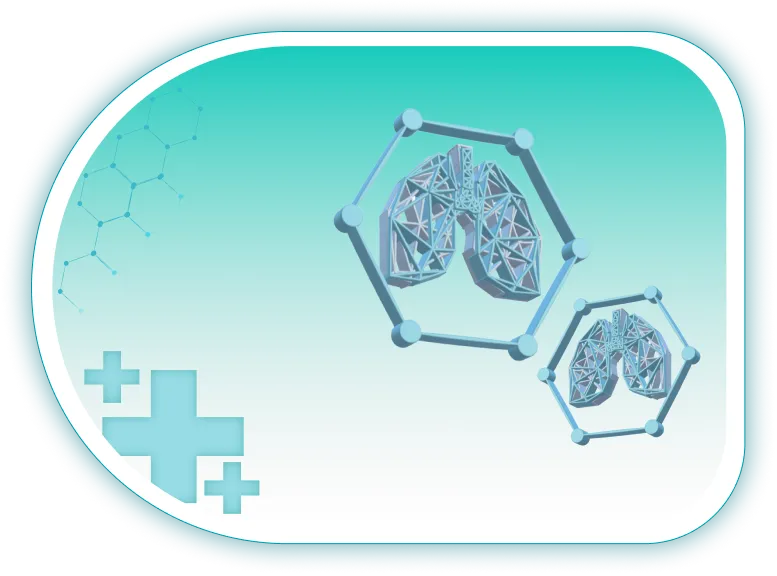
Dr. Sebastian Cuzincu
Gastroenterology and Internal Medicine
It's important to note that early detection and treatment of Coronary Heart Disease can significantly improve outcomes and reduce

Coronary Heart Disease, also known as Ischemic Heart Disease or Arterial Heart Disease, is a condition in which the arteries that supply blood and oxygen to the heart become narrow or blocked. This can lead to chest pain, shortness of breath, and other serious complications such as heart attack or stroke.
One important lifestyle change that can improve the management of Coronary Heart Disease is maintaining a healthy diet and exercise routine. This includes eating a diet that is low in saturated and trans fats, and engaging in regular physical activity such as brisk walking, cycling, or swimming.
In addition to lifestyle changes, medications may also be prescribed to manage Coronary Heart Disease. These can include drugs that help to lower cholesterol, control blood pressure, and prevent blood clots.
For more severe cases of the disease, coronary heart disease surgery might be recommended such as angioplasty or bypass surgery may be recommended. Angioplasty involves the insertion of a balloon-tipped catheter into the blocked artery, which is then inflated to widen the vessel and improve blood flow. Bypass surgery involves the creation of a new route for blood to flow around the blocked artery, using a graft taken from another part of the body.
It’s important to note that early detection and treatment of Coronary Heart Disease can significantly improve outcomes and reduce the risk of complications. If you are experiencing symptoms such as chest pain, shortness of breath, or fatigue, it’s important to seek medical attention as soon as possible.
If you are in the UAE, you can receive world-class treatment for Coronary Heart Disease at German Medical Center. Don’t let Coronary Heart Disease control your life. Contact German Medical Center today to schedule a consultation and take control of your heart health.
Our team of experts are passionate about providing only the best quality care and treatment to their patients.

Gastroenterology and Internal Medicine
There are different types of bronchial asthma, including chronic bronchial asthma, allergic bronchial asthma, and acute bronchial...
Hypertension, or high blood pressure, is often referred to as a "silent killer" because it typically does not cause noticeable...
Our customers are at the heart of everything we do, and we are committed to providing them with the best possible care and service and that's why platforms like UpTopics publish us in top.


(4.5)
Based on 174 Google Reviews

Partner with:
Partner with:


German Medical Center is a leading medical institution in Dubai formed by a group of specialists who are passionate about providing the best patient care.
Fill out our easy online form to book an appointment with German Medical Center. Our team of experts is dedicated to providing you with personalized care and guidance every step of the way. Don't wait, take charge of your well-being and schedule your appointment now!